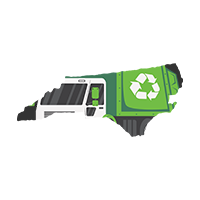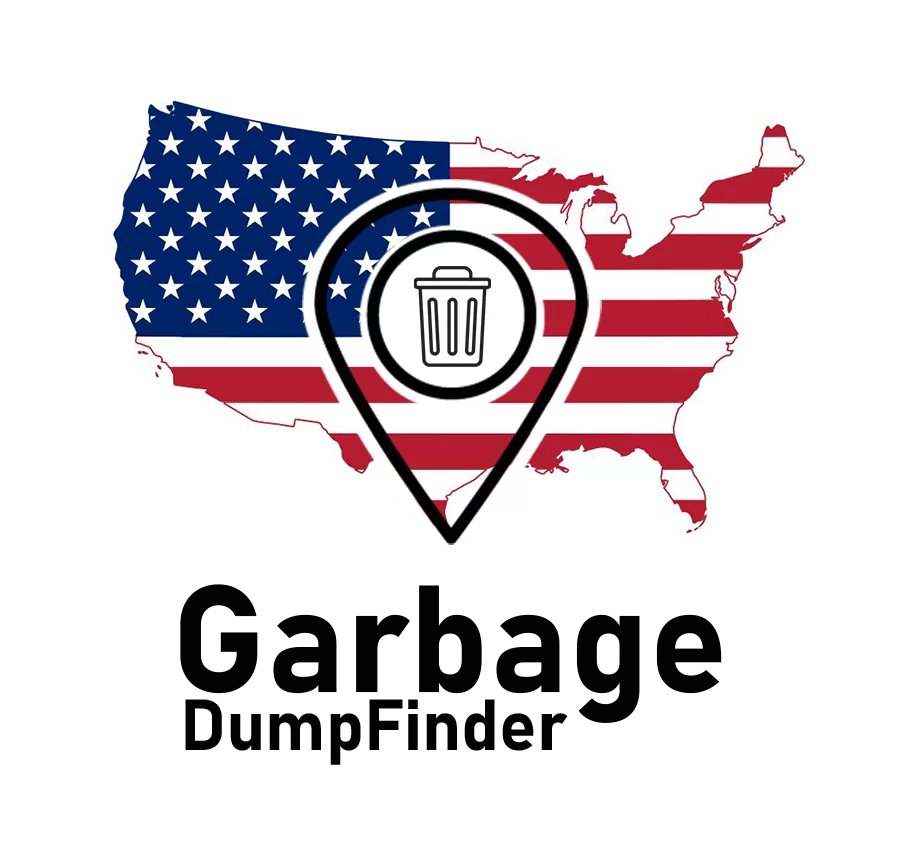Find North Carolina Dumps & Landfills Near You
America's Largest List of Dumps in North Carolina
If you’re looking for the nearest garbage dump or landfill in North Carolina, we’re here to help. Whether you live in Charlotte, Raleigh, or Asheville, finding a local waste disposal facility is essential for proper management of household and construction debris. Each city has designated areas to ensure waste is disposed of in an environmentally friendly manner. Use our resources to locate the closest landfill or garbage dump to keep your home and community clean.
FAQs
What type of waste is accepted at landfills in North Carolina?Most landfills accept household waste, yard waste, and construction materials. However, hazardous items such as chemicals, paints, or e-waste may require specialized disposal. Check with your local facility for details.
Do garbage dumps in North Carolina offer recycling services?Yes, many garbage dumps offer recycling for items such as plastics, paper, and metals. Some locations may also accept electronics and other items for recycling. Always confirm with the facility beforehand.
Are there restrictions on the type of vehicles allowed at garbage dumps?Some garbage dumps restrict larger vehicles or trailers, especially if you’re disposing of large quantities of waste. It’s a good idea to call ahead if you’re using a truck or trailer for your visit.
Can I dispose of yard waste at landfills?Yes, yard waste such as leaves, grass clippings, and branches are typically accepted at landfills. Some sites may offer separate areas for composting this material, reducing landfill volume.
What fees should I expect when visiting a garbage dump?Fees at garbage dumps are typically based on the type and weight of the waste being dropped off. Certain materials like tires or bulky items may have additional charges. Contact the facility for a fee schedule.
What are the hours of operation for garbage dumps?Hours vary by facility, but many garbage dumps are open Monday through Saturday with limited hours on Sundays. Always check the schedule online or call ahead to confirm.
Do I need a permit to dispose of large loads?While smaller household loads usually don’t require a permit, larger commercial or construction waste loads might need special permission. Contact your local site if you're unsure.

List of North Carolina Dumps
More About North Carolina Landfills
North Carolina is home to a range of garbage dumps and landfills, providing essential services to both residents and businesses across the state. Whether you’re in the busy urban centers of Charlotte or Raleigh, or smaller towns like Wilmington or Boone, each region has a designated site for proper waste management. These facilities help to keep our communities clean while ensuring that waste is processed responsibly.
Many landfills in North Carolina are equipped with recycling programs, allowing for the separation of recyclables such as plastics, metals, and paper products. This reduces the overall amount of waste sent to the landfill, promoting sustainability. Some facilities also offer specialized disposal for items such as electronics and hazardous waste, keeping harmful materials out of landfills.
Yard waste is another common category handled by garbage dumps. North Carolina’s landfills often provide areas for organic waste like leaves and branches, which can sometimes be used for composting. Composting helps reduce methane emissions and the total volume of waste that ends up in landfills, supporting environmental goals statewide.
Regulations in North Carolina ensure that landfills are managed safely, with measures in place to prevent contamination of nearby soil and water sources. Hazardous materials are usually handled separately, with special drop-off days or events for items like paint, chemicals, and e-waste. These measures help protect the natural environment while providing citizens with practical solutions for waste disposal.
For more information on North Carolina’s landfill and waste management services, you can visit official state or local government websites for details on locations and regulations.
